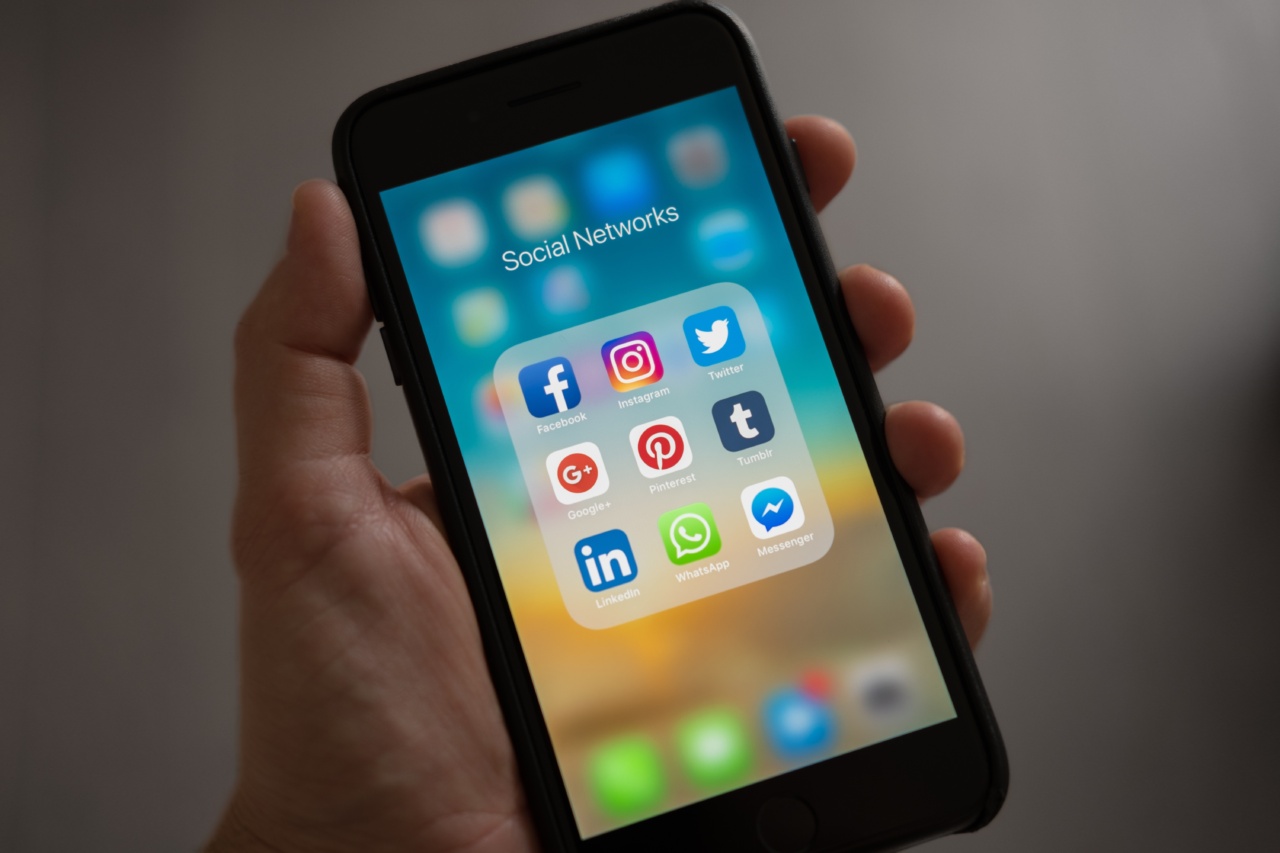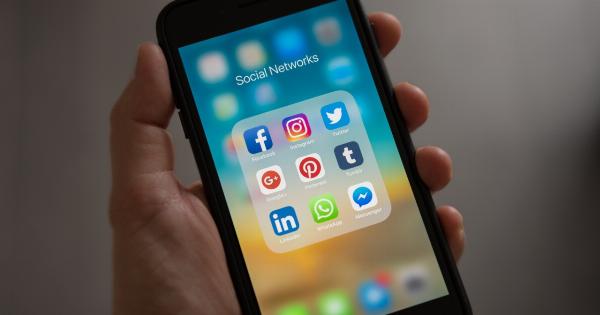In recent years, Twitter has evolved into a social media giant, with millions of users sharing their thoughts, opinions, and ideas in just 280 characters.
However, beneath the surface of this microblogging platform lies a darker truth – Twitter has become an ego-driven space. This transformation has caused significant shifts in the way people use the platform and has led to a multitude of consequences, both positive and negative.
The Rise of the Self-Absorbed Profile
One of the key features that contributed to the ego-driven nature of Twitter is the profile page. Twitter users are provided with the ability to create a profile that represents their online identity.
This profile is essentially a digital projection of one’s ego, serving as a medium for self-expression, validation, and self-promotion.
Consequently, users tend to carefully craft their profiles to portray themselves in the most favorable light, embellishing their accomplishments, interests, and experiences.
This behavior stems from a desire to garner attention, followers, and engagement, often driven by the need for validation and a sense of self-worth derived from online interactions.
The Follower Count Obsession
The ego-driven nature of Twitter is further fueled by the obsession with follower counts. To many users, the number of people following their account is an indicator of their popularity, influence, and ultimately, their self-worth.
As a result, users become fixated on increasing their follower count at any cost, often resorting to tactics like follow-for-follow schemes, buying followers, or engaging in spammy practices.
However, this obsession with follower counts has detrimental effects on the platform as a whole. It incentivizes users to prioritize quantity over quality, leading to inflated follower numbers without genuine engagement.
This trend diminishes the authentic interactions that once made Twitter a valuable platform for productive discussions and meaningful connections.
Twitter Wars and the Need for Validation
Another consequence of Twitter’s ego-driven nature is the proliferation of virtual conflicts and Twitter wars.
Users often engage in heated debates, arguments, and even public shaming to assert their opinions and defend their ego-driven online personas. These conflicts can quickly escalate and devolve into personal attacks, toxic behavior, and hostility.
Twitter wars have become a stage for users to seek validation from their followers, aiming to garner support for their viewpoints and validate their ego-driven identities.
This constant need for validation and the desire to be proven right drives individuals towards aggressive behavior and an unwillingness to consider alternative perspectives.
Self-Promotion and Personal Branding
Twitter’s ego-driven landscape also emphasizes the significance of personal branding and self-promotion.
Users, particularly influencers and public figures, are inclined to use the platform as a marketing tool to showcase their expertise, brand partnerships, and accomplishments. This self-promotion serves the purpose of boosting their own image and expanding their reach.
While self-promotion is not inherently negative, the ego-driven nature of Twitter has led to an overwhelming amount of self-aggrandizement that can come across as insincere or disingenuous.
The constant bombardment of promotional content can overshadow genuine discussions, and users often find themselves scrolling through a feed dominated by advertisements rather than meaningful interactions.
The Illusion of Influence
Throughout Twitter, individuals strive to project themselves as influential figures with a significant impact on others.
This perception of influence is often measured by follower counts, the number of retweets or likes received, and the engagement on their tweets.
However, the illusion of influence on Twitter can be misleading. The platform’s algorithm often favors viral, controversial, or sensational content, resulting in disproportionate attention for certain topics or individuals.
This skewed representation of influence further fuels users’ ego-driven motivations, encouraging them to create and share content aimed at maximizing engagement rather than offering genuine value.
The Psychological Impact
Twitter’s ego-driven environment can have severe psychological consequences for its users.
The constant need for validation, comparison with others, and the pressure to maintain an appealing online image can lead to increased levels of anxiety, low self-esteem, and feelings of inadequacy.
Browsing through a Twitter feed filled with carefully curated profiles, boasting achievements, vacations, and highlights of people’s lives can create a distorted perception of reality.
This social comparison often leaves individuals feeling inadequate or left behind, perpetuating a cycle of ego-driven behaviors in an attempt to catch up or outshine others.
The Potential for Positive Transformation
While Twitter’s ego-driven nature has its drawbacks, it also presents an opportunity for positive transformation.
By acknowledging and addressing the ego-driven dynamics, the platform could be reimagined as a space for meaningful conversations, genuine connections, and the exchange of diverse perspectives.
Implementing features that prioritize quality over quantity, such as curating timelines based on relevance rather than popularity, could encourage users to focus on fostering genuine interactions.
In addition, promoting empathy, active listening, and respectful dialogue could help shift the platform’s culture away from ego-driven behavior and towards constructive engagement.
The Future of Twitter and Its Ego-Driven Culture
Twitter’s ego-driven culture is deeply embedded in the platform’s current state.
However, acknowledging the negative consequences and actively working towards cultivating a more inclusive and empathetic environment could lead to a profound transformation.
By reevaluating the metrics of success on Twitter, moving away from the obsession with follower counts, and nurturing authentic conversations, the platform could regain its relevance as a powerful tool for information sharing, social activism, and connecting individuals across the globe.





























